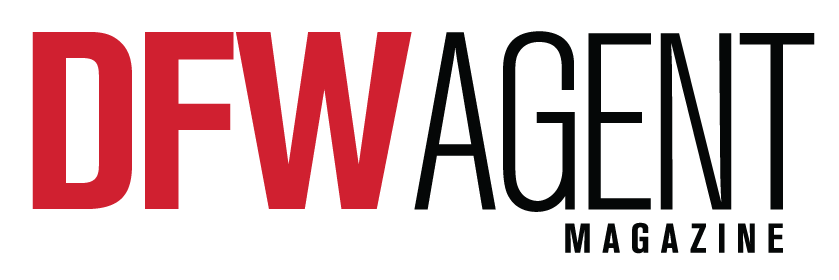Homeownership has long been an integral part of the American dream — but with the rise of wealth inequality, the grim realities of the housing market, and economic factors like runaway inflation, that dream is vanishing into the distance for many. According to Redfin’s recent analysis of the Dallas housing market, 79% of the homes in Dallas are cheaper to rent than to buy.
When you add in things like closing costs, down payments, and other expenses associated with home ownership, it’s no wonder that many Dallas residents are choosing to rent rather than buy. But are there other advantages to renting? Why is the Dallas housing market so challenging to prospective homeowners? Read on for answers.
How much do homes cost in Dallas?
So what’s the median home price for a home in Dallas? According to Zillow, it’s $306,310, although that number can vary wildly. According to Business Insider, the average mortgage payment is $1,979 a month. Compare that to the average monthly rent in Dallas, which is closer to $1,700 a month, though that number can vary by zip code.
Dallas’ housing market
So what exactly is happening in Dallas that’s making the housing market skyrocket? For one thing, property values are going up everywhere, to the point where some fear a crash is coming. Further, Dallas has been experiencing what’s called “semigration,” where people have moved from states like New York and California into Texas (and Dallas specifically). One major reason for this is cost of living — Los Angeles and New York are some of the most notoriously expensive cities to live in, far more so than Dallas.
An influx of population usually means the cost of housing goes up — although that hasn’t universally been the case in Dallas. According to Apartment List, rental prices have actually dropped slightly in the past year, further widening the gap between the average mortgage payment and monthly rent. In short, renting in Dallas is almost always cheaper than buying, and that doesn’t look to be changing anytime soon.
Renting vs. buying
Now that we’ve established that you’ll almost certainly paying less out of pocket if you rent in Dallas, let’s dig into some of the other pros (and cons) of renting.
First, some of the pros. One of the main perks of renting is not having to worry about the cost of maintenance and repairs, as those are the landlord’s responsibility. The same goes for things like property taxes and the other fees generally associated with owning property. In addition, should you ever want to move out of your apartment, you don’t have to worry about the long and bureaucratic process of selling your home. All you have to do is pack up your things and move out.
But renting has its disadvantages, too, mostly when it comes to building equity. Owning a home is an investment (and one of the most secure investments, at that), giving you a tangible asset that you can improve upon and sell for a profit. With a rental, you have no such equity — that rental payment never goes toward “paying off” anything.
Further, as a renter, you’re often at the whim of the landlord, who can raise the rent unexpectedly and price you out of your dwelling. Some landlords are also less than conscientious about maintenance and repairs.
Further considerations
Some other things to think about if you’re considering renting in Dallas:
- The importance of renters insurance. Much like homeowners insurance, renters insurance can protect your belongings and guard against liability. And it’s extremely cheap on the average in Dallas — $253 a year, according to The Zebra’s Ross Martin.
- Additional expenses such as first and last month’s rent, security deposit, and pet fees. (Another potential downside to renting is having to find an apartment that actually takes pets, should you want or already own one).
- Potential disagreements or misunderstandings between landlord and tenant. As much as everyone involved would prefer to avoid it, conflicts do happen. A strong first step is to carefully read the lease agreement and any other paperwork before you sign, and consult an attorney if there’s anything that seems suspect or even illegal.
